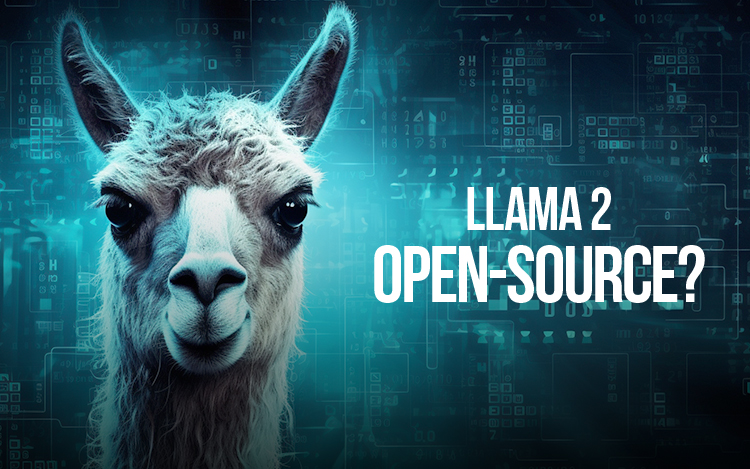
































Pulitzer Prize laureate Michael Chabon and a group of other writers have initiated legal action against Meta Platforms, alleging that the tech giant inappropriately employed their literary creations to educate its Llama AI program.
Chabon, joined by authors such as David Henry Hwang, Matthew Klam, Rachel Louise Snyder, and Ayelet Waldman, contend that Meta utilized their written works, including unauthorized copies, to train Llama in generating responses to human-written text prompts. A parallel class-action lawsuit has been brought against OpenAI on similar grounds.
These authors assert that their literary works, like novels and plays, were crucial in training top-tier AI language models. Meta has confronted numerous copyright infringement legal actions linked to its AI models, notably Llama 2.
Why does this matter?
This recent legal case adds to the growing discussion about the protection of authors' intellectual property in the age of AI. Authors are concerned about using their works without permission, which could set a precedent for copyright issues involving AI-generated content. The case highlights ethical concerns surrounding AI development. It prompts discussions about how AI companies should responsibly source and use data for training their models and who has legal rights over that content.
 Tags quentes :
Inteligência artificial
Direitos de propriedade intelectual
Tags quentes :
Inteligência artificial
Direitos de propriedade intelectual